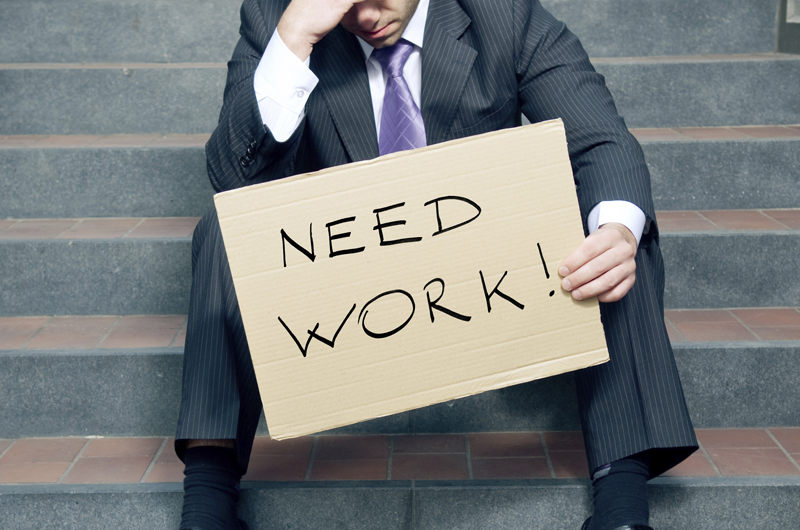Losing your job can be stressful. In general, most Americans do not have enough liquid money set aside for emergencies. At any point, we as Wealth Advisors recommend having 6-12 months of expenses set aside as liquid money so that you have money to pay all your bills for six months if you have no income coming in. Ideally, this is in an insured money market account. Liquid money is not underneath your mattress, buried in your backyard or in your checking account.
So, you may be thinking that is all great and wonderful but if you just lost your job and don’t have even three months set aside in liquid money. So, if you don’t have enough liquid money it is imperative to get a budget. In your budget you want to see what things you can cut back or even eliminate.
You have two things that you can focus on. First is the amount of income coming in. If you have lost your job what can you do to increase your income? Can you get a part time job? Can you drive for Lyft or Uber? Could you sell items in your home that you no longer need? What other things can you do to gain more revenue or income?
Second, is your expenses. You have control over where you spend your money. You can curb your expenses by cutting expenses that are unnecessary, refinancing or even look at selling your home. We need to look at our wants and our needs. A need is something we have to have in order to survive. We need the basics of food, shelter, transportation and clothing. Beyond that we can consider our “wants” and see what we can cut back. A job loss is temporary but what I usually find is clients that cut back their expenses usually do not go back to spending at their previous level for a while. The things we thought we had to have we really didn’t need. It was just a want.
When there is a job loss it’s a time to focus on your basic needs. To cut out all the extras you can or to work somewhere part time or temporarily to get cash flow coming in.
The other important thing to do when there is a job loss is to look at all the benefits you don’t have anymore. What about your health insurance, life insurance or disability insurance? Do you have or need your own policy? Then you also want to look at your retirement.
When you no longer make contributions to a former employer’s plan, maybe you retired, were laid off or simply changed jobs, you have a decision to make about what to do with your tax-deferred savings. It is important to choose the option that best suits your financial needs and goals. We would love to help you with that, just all us at 763-231-9510.

